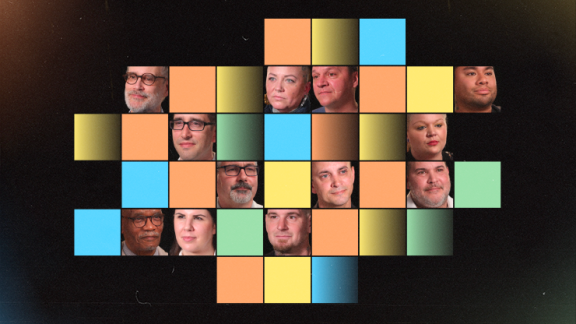- So I work clinical shifts in the emergency department and I take care of patients in that regard. I also provide expert-level consultation in both medical toxicology and addiction medicine for physicians who work in the emergency department, in the ICUs or on the medical floors. When you know what you're doing and you're empowered to treat patients with addictions, it can actually be very gratifying taking a patient from the throes of withdrawal where they feel miserable as many of them tell me, they'd rather be dead, and in a matter of really minutes or hours, you can turn that around.
I've developed this habit of whenever there is a little extra time asking for patients stories, asking, you know, as part of taking a history in a patient suffering from a drug dependence, I ask them when they first started, how long they've been using, how they first started, and how it developed. And I think that's important, not just for documenting and passing along to other providers and maybe influencing their current care, but it's important for me because then when I go to the next patient, I have those stories in my mind, and a lot of them are awful. A lot of them, well, some of them are, you know, iatrogenic.
They received a prescription from an orthopedist or primary care physician for a fracture or a sprain or something like that. And that's how they got started with opioids as their first interaction with opioids. And then some of them, you hear stories of, you know, abuse, physical, sexual, emotional, the households they grew up in, the, just the social stressors that you can see why somebody would need an escape from where they came from. And so when you keep that in mind and you go to, and you go to approach a patient, it's a lot easier to deal with, you know, to deal with the difficulty of managing a patient who's so emotionally distraught that they treat others around them in a way they normally wouldn't.
I think just engaging in an educational discussion where the patient teaches you about what they're doing and what they're struggling with, the more often you do that, the more you'll learn, the easier you'll be able to connect with these patients. And I think the more you'll be able to engage them in meaningful discussions that result in long periods of abstinence. First of all, the patient's in withdrawal and is not saying the things they would normally say or do or behaving the way they normally would. More a matter of circumstance than it is fault.
And I, you know, when I'm teaching providers, I have to remind them this was not somebody who made a bad decision or continues to make bad decisions. This is somebody who had the predisposition, who was put in the wrong environment and had an exposure to a drug. And then that developed into a very real organic brain disease that needs medical treatment.
Nicholas Nacca, MD, cares for patients in the ED and also has a background in addiction medicine. When working with patients with SUD, he tries to learn more about their experiences, and he encourages other providers to have these discussions. “The more often you do that,” he says, “the more you’ll learn, the easier you’ll be able to connect.”
Find substance use disorder treatment
Learn more about addressing stigma in care settings
More posters and videos
